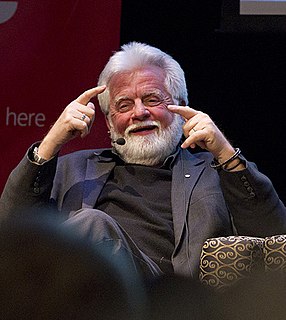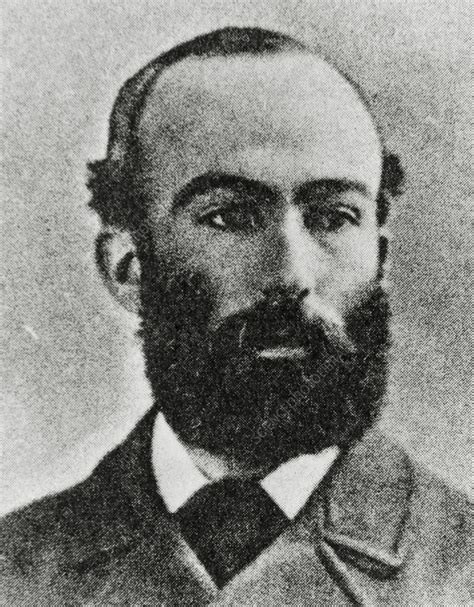A Quote by Louise Wilson
Now there is tons of information available online. 90% of students rarely look at magazines in their intended format because they're looking at them on a computer screen. They don't understand the layout, so when they come to putting their own portfolios together, they have no spatial awareness.
Related Quotes
For a young cartoonist, they have to get going on the web, because that's where everybody goes for their information. And it really works. If you look at a cartoon on a computer screen, it really jumps and can be quite effective. I draw cartoons now, not how it will appear in the newspaper, but how it will appear on the screen. I think most of us do. Now the challenge is to make it move and animate it in a very fast, quick way.
Ambient awareness is the experience of knowing what's going on in the lives of other people - what they're thinking about, what they're doing, what they're looking at - by paying attention to the small stray status messages that people are putting online. We're now able to stitch together these fantastic details and mental maps of what is going on in other people's lives.
When I watch TV, and TCM isn't on, I just switch channels and look at all the information about everything. The internet is perfect for that, which is why I didn't really want to get a computer in the first place. I thought, "If I have a computer and know about this whole Google thing, I am not going to be able to sit still for a second; I'm going to think about something and then have to look it up." I have never bought myself a computer or a phone, but guys in my life have bought them for me, for whatever reason. So now I have them.
I regret that there aren't more short stories in other magazines. But in a certain way, I think the disappearance of the short-story template from everyone's head can be freeing. Partly because there's no mass market for stories, the form is up for grabs. It can be many, many things. So the anthology is very much intended for students, but I think we're all in the position of writing students now. Very few people are going around with a day-to-day engagement with the short story.
Right now, 70 percent of the people don't have computers. And where they're needed most, people don't have them. We think this will enable anyone to own a computer. We're aiming at everybody who uses a computer as an information access device. The original idea was to build one cheaply enough to put one on every desk.



































